"Just transition": Addressing the social and economic impacts on societies in the race for a climate-resilient economy
Guest speaker:
Lishia Erza (Entrepreneur, Sustainability Advocate, Business Mentor)
This SPARK webinar explores the role of cooperative banks in ensuring a fair transition to a low-carbon economy. The discussion highlights the social and economic effects of sustainability shifts, particularly on vulnerable communities, businesses, and financial institutions. The session emphasizes the importance of aligning financial strategies with just transition principles, showcasing case studies and policy recommendations for cooperative banks.
- Just Transition: A framework ensuring that environmental sustainability shifts are fair, inclusive, and socially responsible.
- Extractive Economy: An economic model reliant on resource extraction (e.g., coal, oil) with high environmental and social costs.
- Regenerative Economy: A system that restores and replenishes natural resources, promoting sustainability.
- Circular Economy: A model that minimizes waste by reusing and recycling materials.
- Carbon-Intensive Industries: Sectors such as coal, oil, and gas that produce high carbon emissions.
- Reskilling Programs: Training initiatives to help workers transition into new, sustainable industries.
- Micro-Financing: Small-scale financial services provided to individuals or small businesses, often targeting low-income communities.
- Net Zero Commitment: A pledge to balance carbon emissions by reducing and offsetting carbon output.
- Green Loans: Financial products specifically designed to support environmentally friendly projects.
- Community Resilience Fund: Financial support aimed at strengthening communities’ ability to adapt to economic and environmental changes.
- Sustainability Impact: Cooperative banks play a crucial role in addressing the social and economic effects of sustainability transitions.
- Just Transition Definition: Ensures fairness and inclusivity in the shift to a low-carbon economy, addressing job displacement and social inequalities.
- Financial Risks: Poorly managed transitions can lead to economic instability, loan defaults, and business closures.
- Opportunities for Banks: Financial institutions can develop new products, such as loans for renewable energy and workforce reskilling programs.
- Regulatory Compliance: Businesses face increasing sustainability regulations, impacting supply chains and financial relationships.
- Community Resilience: Cooperative banks can support local economic diversification and provide tailored financial solutions for vulnerable populations.
- Case Study – Indonesia: Transitioning taxi fleets to electric vehicles and financing solar panel installations for households.
- Case Study – Philippines: A cooperative bank funds a biomass energy project, providing farmers with stable income through long-term contracts.
- Policy Integration: Banks must align their policies with Just Transition principles to mitigate risks and create long-term sustainable investments.
- Future Outlook: Emphasis on inclusive finance, job creation, and community-centered renewable energy projects.
This presentation focuses on the role of cooperative banks in supporting a fair and inclusive shift to a low-carbon economy. Led by Lisa from the WEG group, the session explores the challenges and opportunities associated with sustainability transitions, particularly for vulnerable communities, businesses, and financial institutions.
The discussion begins by defining Just Transition as a framework that ensures economic shifts toward sustainability do not disproportionately harm workers and marginalized groups. The transition from carbon-intensive industries can lead to job losses, financial strain, and increased operational costs for businesses. Financial institutions, particularly cooperative banks, play a crucial role in mitigating these risks by providing targeted financial products such as green loans, reskilling funds, and micro-financing.
The webinar highlights the potential financial risks for banks if transitions are not well managed, such as increased loan defaults and economic instability. It also showcases case studies where cooperative banks have successfully financed renewable energy projects, circular economy initiatives, and community-driven sustainability programs.
The session concludes by emphasizing the importance of aligning financial strategies with Just Transition principles. Banks can support businesses and individuals by fostering inclusive finance, job creation, and community-centered renewable energy projects, ensuring a sustainable and equitable future.
- “Just Transition ensures that the low-carbon economy is both equitable and inclusive to people.”
- “If transitions are not managed well, overnight, 300,000 clients could lose their jobs and livelihoods.”
- “Cooperative banks can design financial products tailored to vulnerable communities, including low-income groups, women, and minorities.”
- “One example is an Indonesian cooperative financing solar panel installations for households and small businesses.”
- “A lack of Just Transition planning caused 125 mining companies to go bankrupt in Indonesia in 2015.”
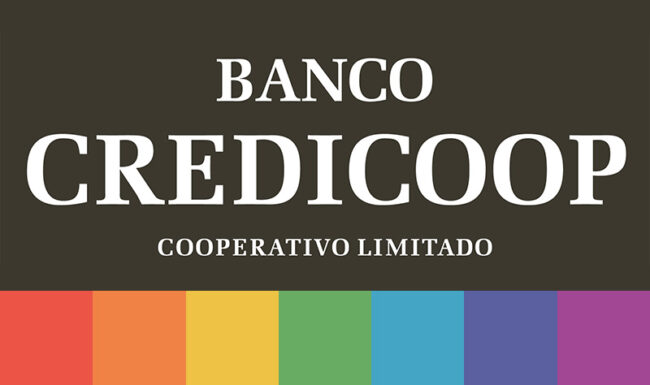
Cooperativo Limitado
Credicoop is a cooperative Argentine bank. After the 2001, it turned into the second private bank of the country. It is the most important cooperative bank of Latin America.

Groupe BPCE
Groupe BPCE is composed of Banques Populaires and Caisses d’Épargne. It was created in 2009 following the merger of Caisse Nationale des Caisses d’Épargne and Banque Fédérale des Banques Populaires.
Groupe BPCE, the 2nd largest banking group in France, pursues a full range of banking and insurance activities.

Fédération nationale des Banques Populaires
Fédération Nationale des Banques Populaires is a French group of cooperative banks. It is composed of the 13 regional Banques Populaires, the CASDEN Banque Populaire and the Crédit Coopératif.

« Grandir. Ensemble. »
Banque Central Populaire du Maroc Group (BCP Group) is a cooperative structure, reflected by the cross-participation between BCP, the central entity of this organization, and the 8 regional banks. In this structure, BCP plays a central role with two essential tasks: development of its own banking activity and management of the support functions of regional popular banks.
Currently, the Group is present in 32 countries in the world including 18 sub-Saharan Africa countries.}
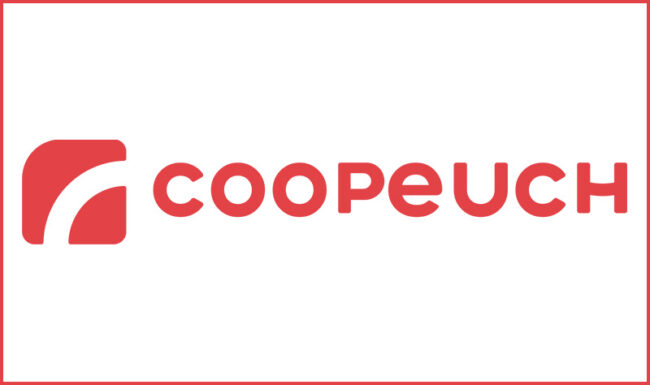
Cooperativa de ahorro y credito
Founded in 1967 by a group of employees from the Universidad de Chile, with the purpose to satisfy the financial needs of its members, in a time of booming of the cooperative business model.
Coopeuch is the biggest credit union in Latin America, ranking first in market share in Chile with a wide margin since its foundation.

La volonté de réussir ensemble
Banque CPH, formerly known as Crédit Professionnel du Hainaut, is a Belgian bank. Its headquarters are located in Tournai, Belgium. It counts 28 points of sales in Wallonia.
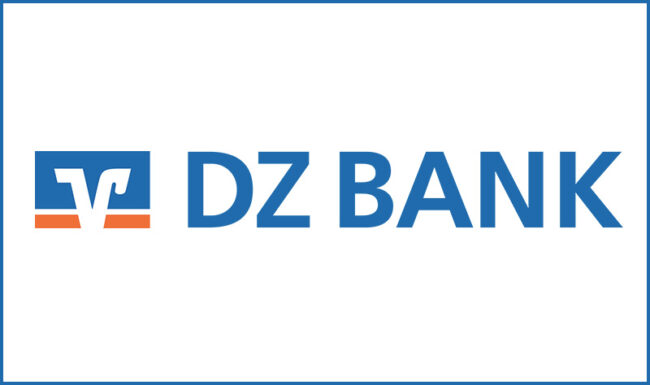
Die Initiativbank
DZ BANK is the second largest bank in Germany with 560 bn EUR total assets and is also the central institution for more than 800 co-operative banks in Germany.
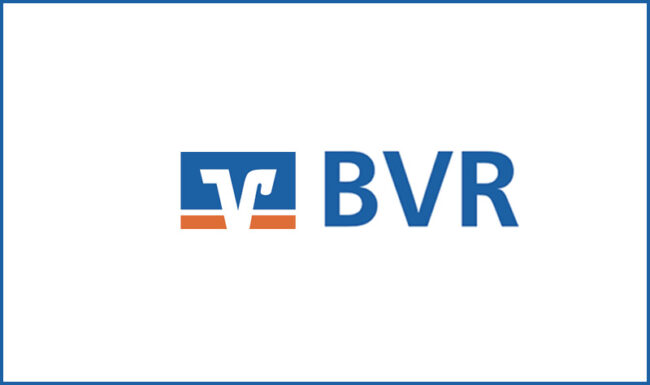
Bundesverband der Deutschen Volksbanken und Raiffeisenbanken
The National Association of German Cooperative Banks (BVR) is the umbrella association for the cooperative banking sector in Germany.
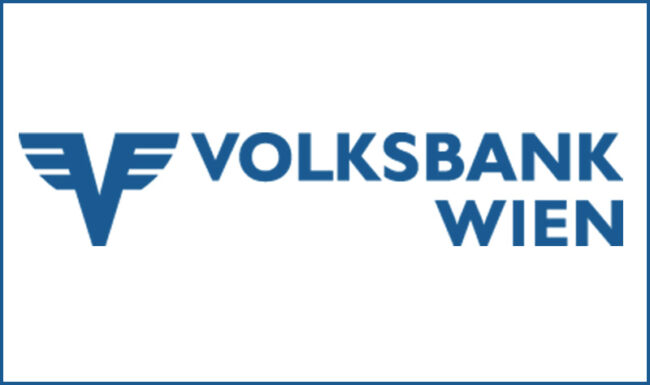
Volksbank Group
Volksbank Wien AG is an Austrian cooerative bank and the central organization of the Association of Volksbanks.
Established in 2001, VOLKSBANK WIEN AG operates as a regional universal bank, foreseeing a broad range of retail banking products and services to private individuals and companies. Since July 2015, VOLKSBANK WIEN AG offers its retail banking products and services online via its registered trademark, LiveBank. It also provides cash management, business card processing, mortgage, and estate settlement services.
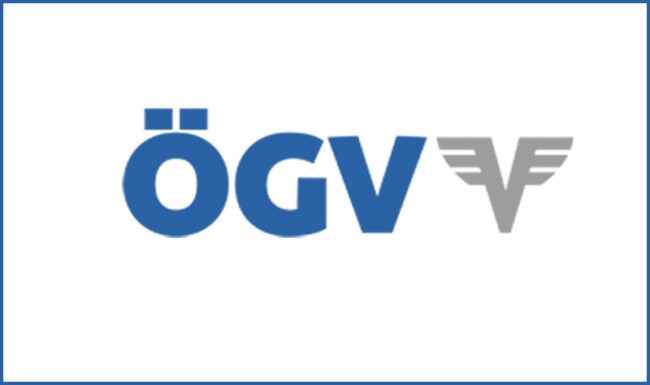
Österreichischer Genossenschaftsverband
Österreichischer Genossenschaftsverband is an Austrian institution that represents Volksbank Group’s interests and acts as its auditing association.
Since 2017, there are 8 regional banks and 2 specialized banks in Austria.
They built an integrated system of banks (Association of Volksbanks) connected through a contract of collaboration. The central institution is VOLKSBANK WIEN AG, the biggest regional bank of the association. The central service functions were transferred from Österreichische Volksbanken AG (ÖVAG) to VOLKSBANK WIEN AG in July 2015. ÖVAG itself surrendered its banking license.
The “remainder of ÖVAG” continues to operate as a wind-down entity responsible for ensuring the orderly, active and value-preserving wind-down of its assets.
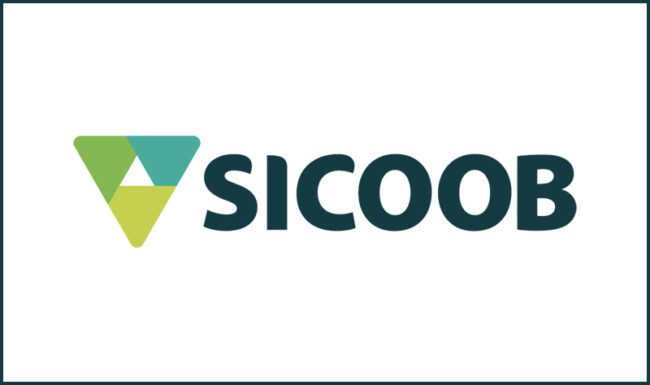
Sistema de Cooperativas de Crédito do Brasil
The Brazilian Credit Union System, Sicoob, is the largest system of cooperative banks and financial services of Brazil. Sicoob has 4.7 million members throughout the country and is present in all Brazilian states and in the Federal District. It consists of more than 390 individual cooperatives, 16 central cooperatives and the National Confederation of Cooperatives of Sicoob (SicoobConfederação) with more than 3 thousand service points. The System, Banco Cooperativo do Brasil do Brasil (BANCOOB) and its subsidiaries (companies / entities of: electronic means of payment, consortia, DTVM, insurance and social security) that provide specialized products and services for financial cooperatives are also part of the system.

